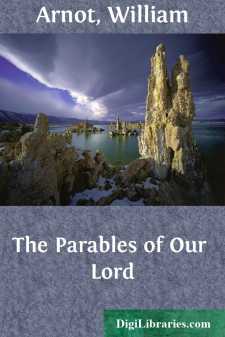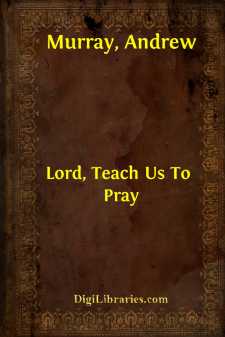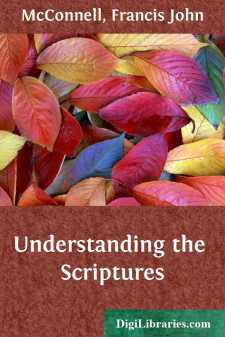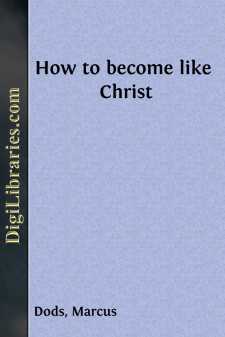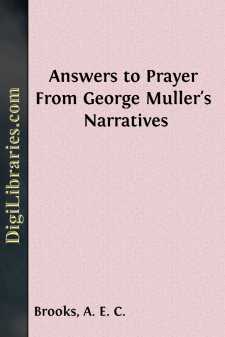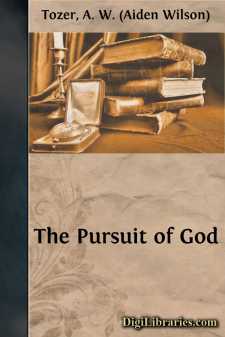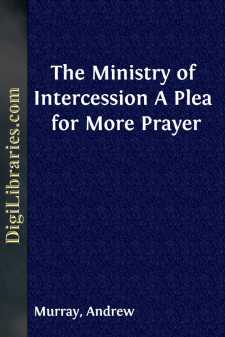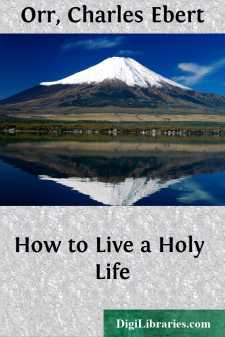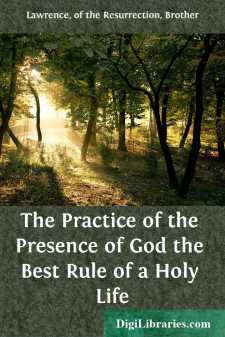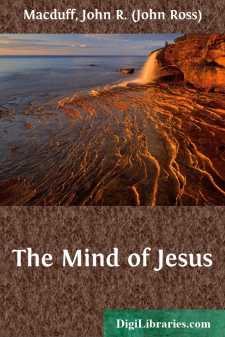Categories
- Antiques & Collectibles 13
- Architecture 36
- Art 48
- Bibles 22
- Biography & Autobiography 816
- Body, Mind & Spirit 145
- Business & Economics 28
- Children's Books 17
- Children's Fiction 14
- Computers 4
- Cooking 94
- Crafts & Hobbies 4
- Drama 346
- Education 58
- Family & Relationships 59
- Fiction 11834
- Foreign Language Study 3
- Games 19
- Gardening 17
- Health & Fitness 34
- History 1378
- House & Home 1
- Humor 147
- Juvenile Fiction 1873
- Juvenile Nonfiction 202
- Language Arts & Disciplines 89
- Law 16
- Literary Collections 686
- Literary Criticism 179
- Mathematics 13
- Medical 41
- Music 40
- Nature 179
- Non-Classifiable 1768
- Performing Arts 7
- Periodicals 1453
- Philosophy 66
- Photography 2
- Poetry 897
- Political Science 203
- Psychology 45
- Reference 154
- Religion 516
- Science 126
- Self-Help 85
- Social Science 82
- Sports & Recreation 34
- Study Aids 3
- Technology & Engineering 59
- Transportation 23
- Travel 463
- True Crime 29
Our website is made possible by displaying online advertisements to our visitors.
Please consider supporting us by disabling your ad blocker.
The Parables of Our Lord
by: William Arnot
Categories:
Description:
Excerpt
We have been accustomed to regard with affectionate veneration the life-work of the Reformers, and the theology of the Reformation. Of a later date, and in our own vernacular, we have inherited from the Puritans an indigenous theology, great in quantity and precious in kind,—a legacy that has enriched our age more, perhaps, than the age is altogether willing to acknowledge. At various periods from the time of the Puritans to the present, our stock of sacred literature has received additions of incalculable value. So vast and varied have our stores become at length, that an investigator of the present day can scarcely expect to find a neglected spot where he may enjoy the luxury of cultivating virgin soil: so ably, moreover, have our predecessors fulfilled their tasks, that a modern inquirer, obliged to deal with familiar themes, cannot console himself with the expectation of dealing with them to better purpose. It does not follow, however, that a contribution to the literature of theology is useless, because it neither touches a new theme, nor treats an old more ably.
The literature of one century, whether sacred or common, will not, when served up in the lump, satisfy the craving and sustain the life of another. The nineteenth century must produce its own literature, as it raises its own corn, and fabricates its own garments. The intellectual and spiritual treasures of the past should indeed be reverently preserved and used; but they should be used as seed. Instead of indolently living on the stores which our fathers left, we should cast them into the ground, and get the product fresh every season—old, and yet ever new. The intellectual and spiritual life of an age will wither, if it has nothing wherewith to sustain itself, but the food which grew in an earlier era; it must live on the fruits that grow in its own time, and under its own eye.
Nor will a servile imitation of the ancient masters suffice. A mere reproduction, for example, of the Puritan theology would not be suitable in our day; while the truth, which constitutes its essence, remains the same, it must be cast in the moulds of modern thought, and tinged with the hues of modern experience.
Engineers surveying for a railway lay down the line level, or as nearly level as the configuration of the surface will permit; but an engineer’s level is not a straight line; it is the segment of a circle,—that circle being the circumference of the globe. The line which practically constitutes a level bends downwards continually as it goes forward, following the form of the earth, and at every point being at right angles to the radius. If it were produced in an absolutely straight line, it would, in the course of a few miles, be high and dry above the surface of the earth, and entirely useless for the practical purposes of life. Such would sacred literature become if in blind admiration of the fathers, the children should simply use the old, and not produce the new. As we advance along the course of time, we are, as it were, tracing a circle; and he who would be of use in his generation, must bend his speculations to the time, and let them touch society on the level at every point in the progress of the race. To throw a new contribution into the goodly store does not, therefore, imply a judgment on the part of the writer that the modern theology is better than the ancient. We must make our own: it concerns us and our children that what we make be in substance drawn from the word of God; and in form, suited to the circumstances of the age.
Still further, the accumulations of the past should be used by those who inherit them, as a basis on which to build. It is the business of each generation to lay another course on the wall, and so leave the structure loftier than they found it. The Bible, like the world, is ; in either department hosts of successive investigators have plied their tasks from the beginning, and yet there is room.
Some observations are here submitted, more or less strictly introductory to a treatise on a specific branch of Scriptural exegesis—the Parables of Our Lord....


